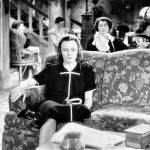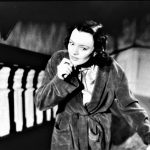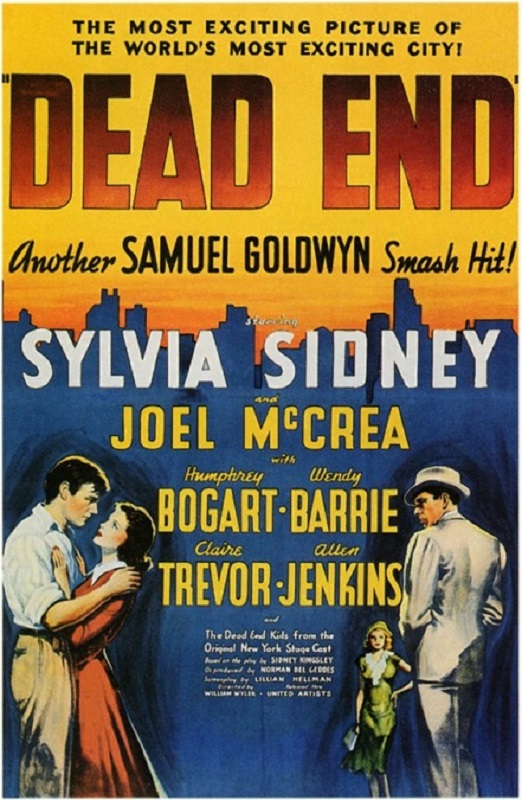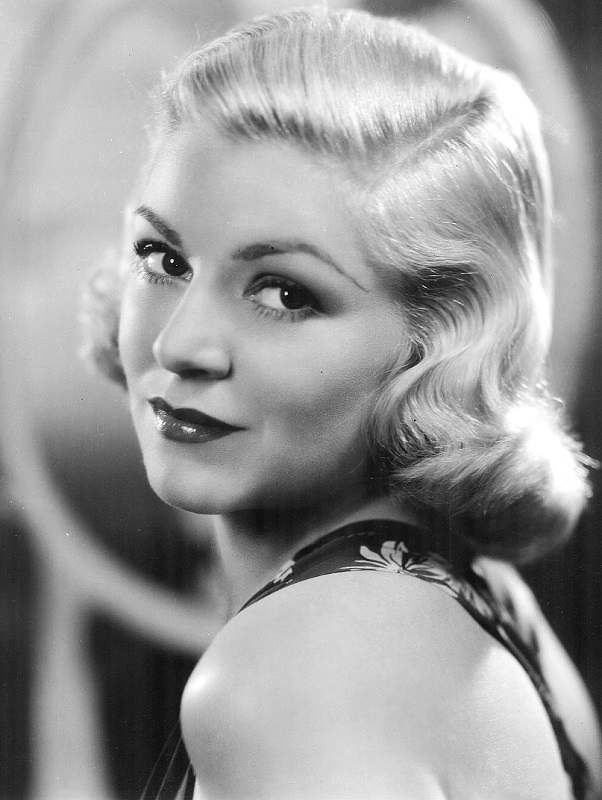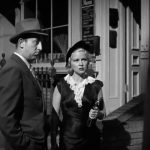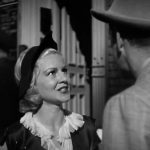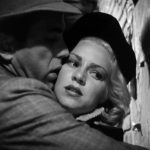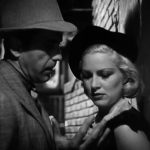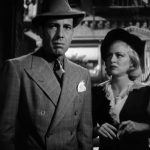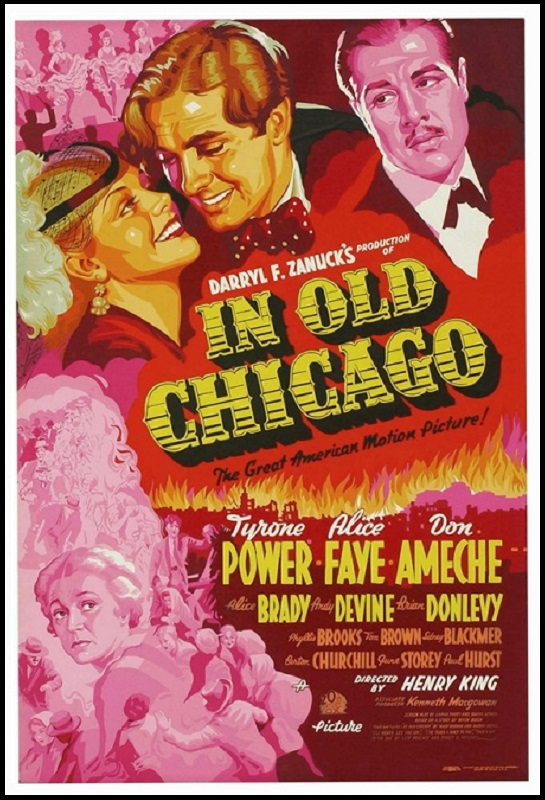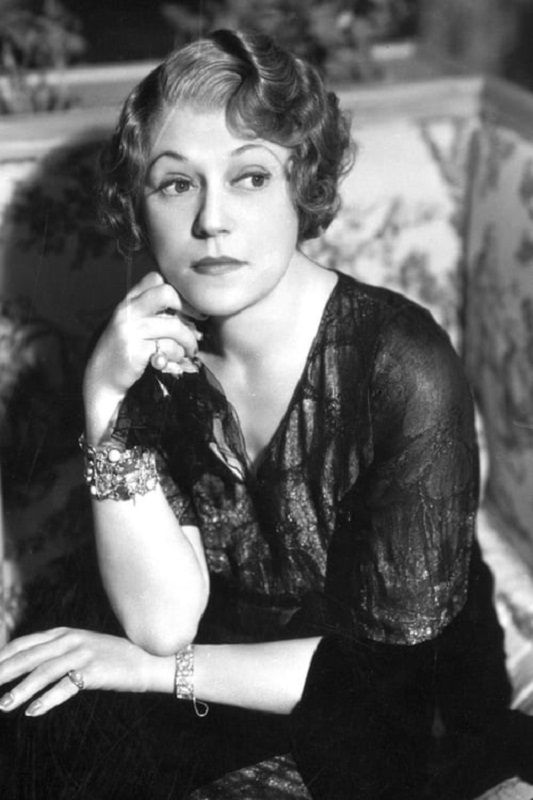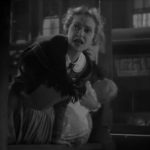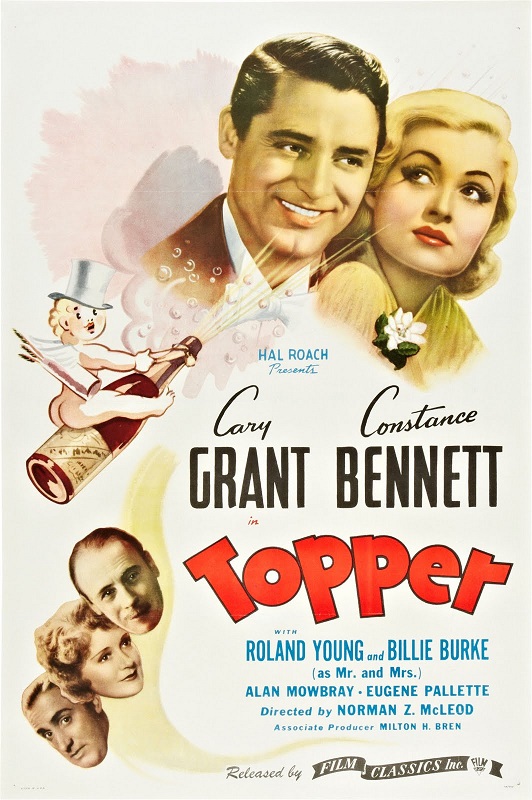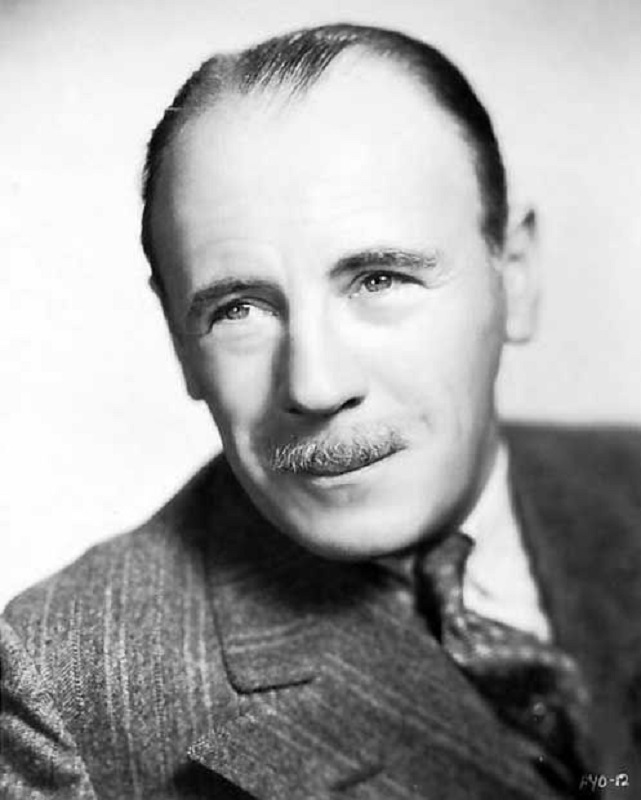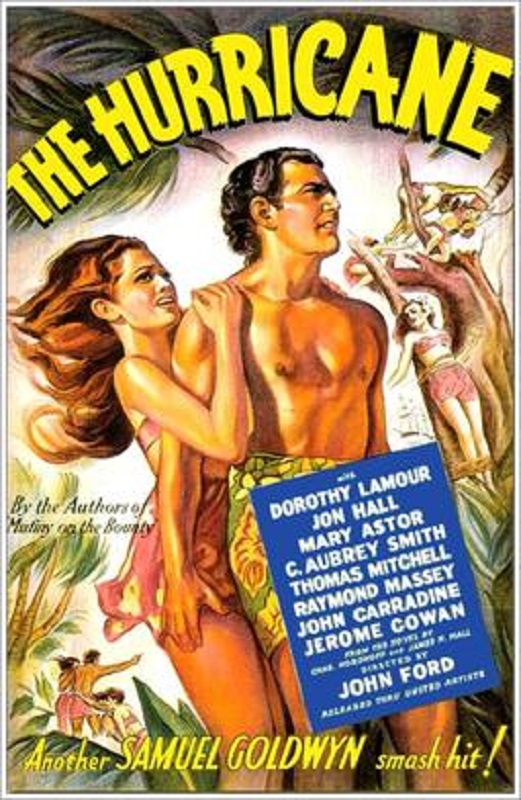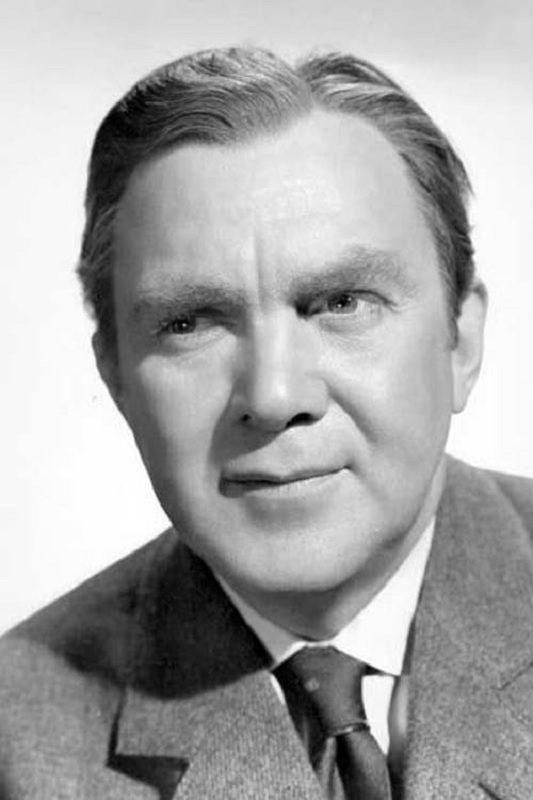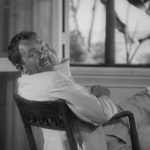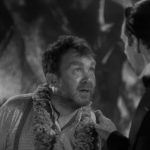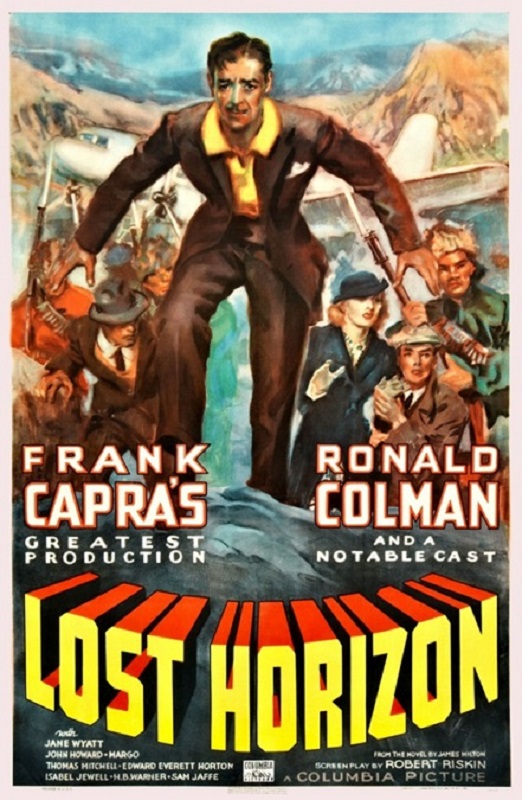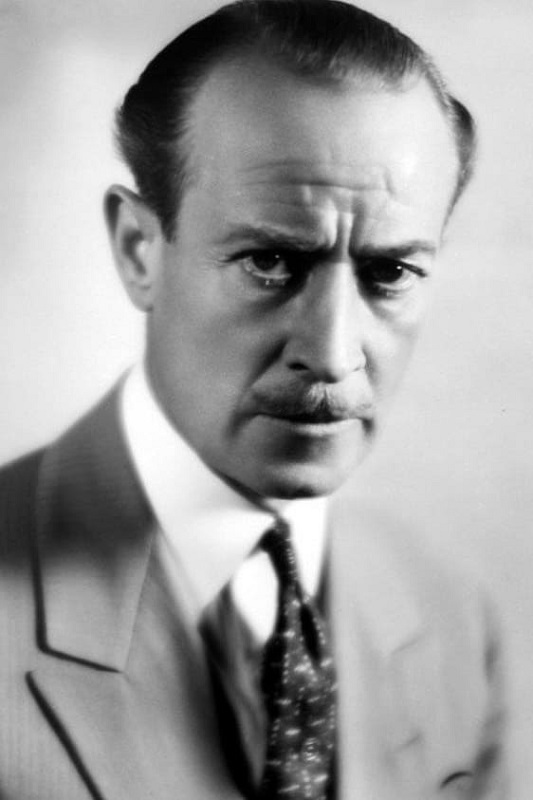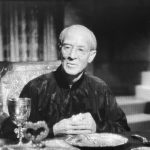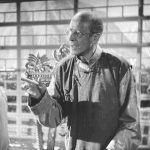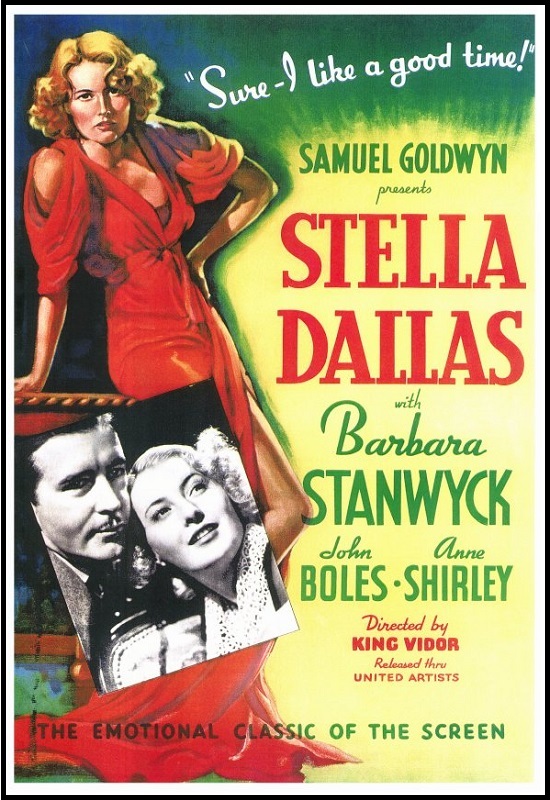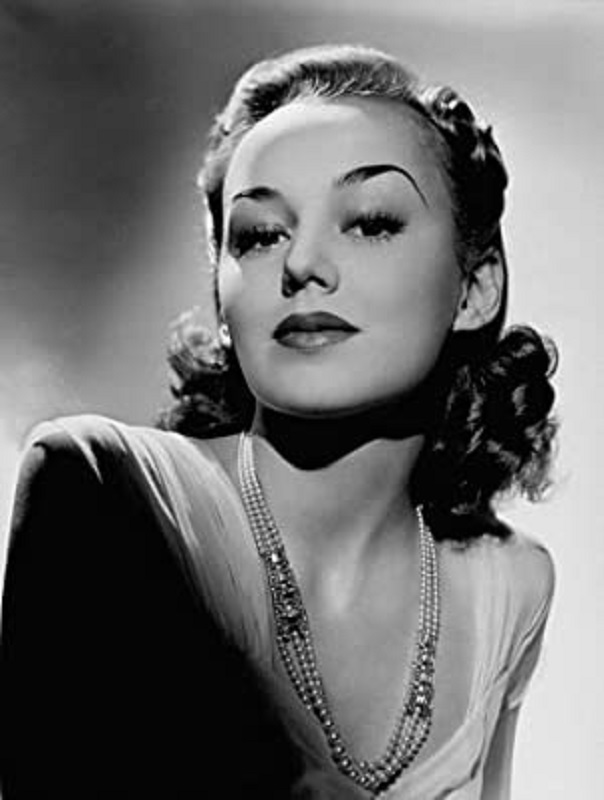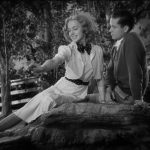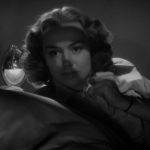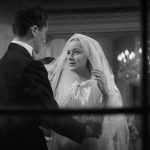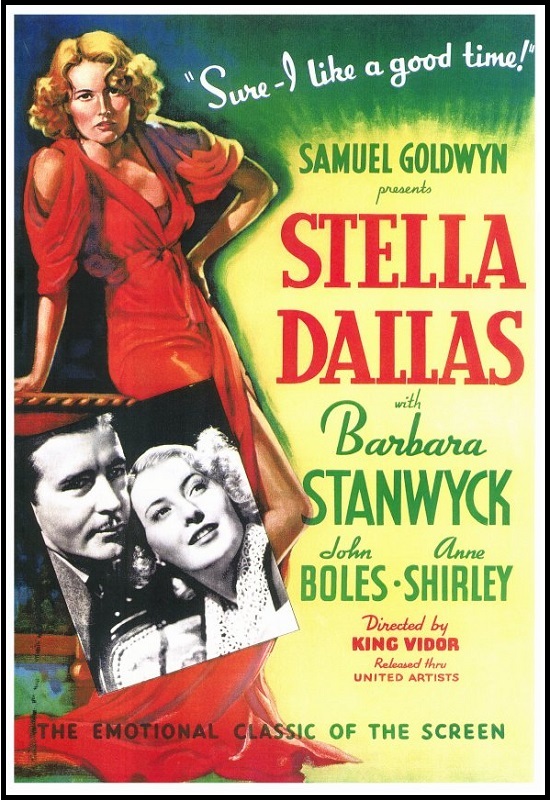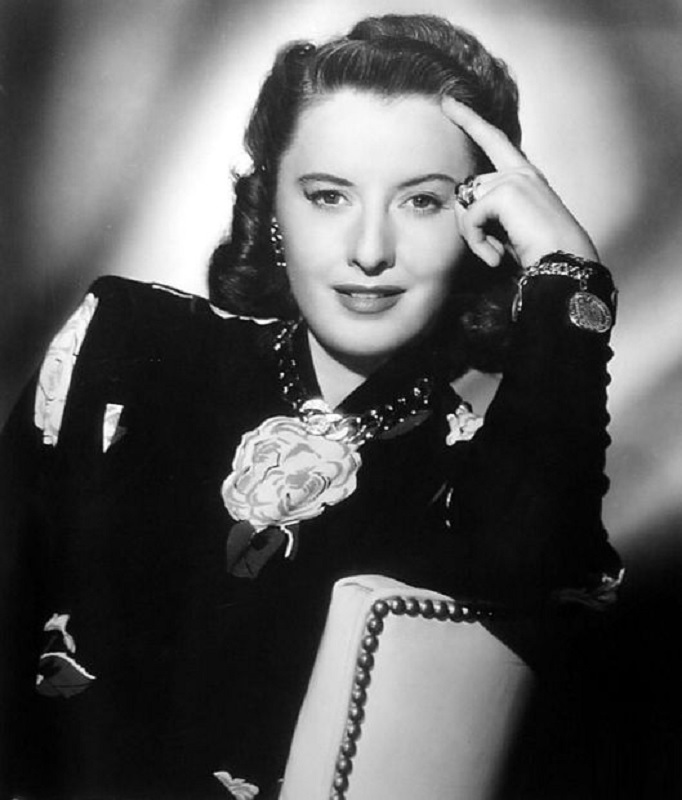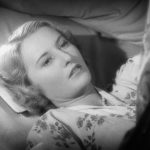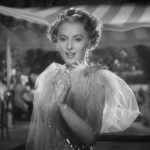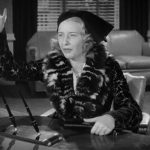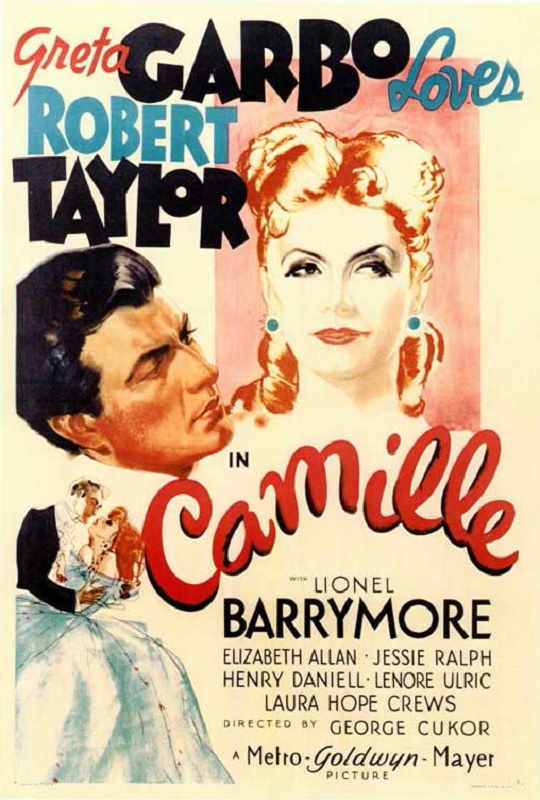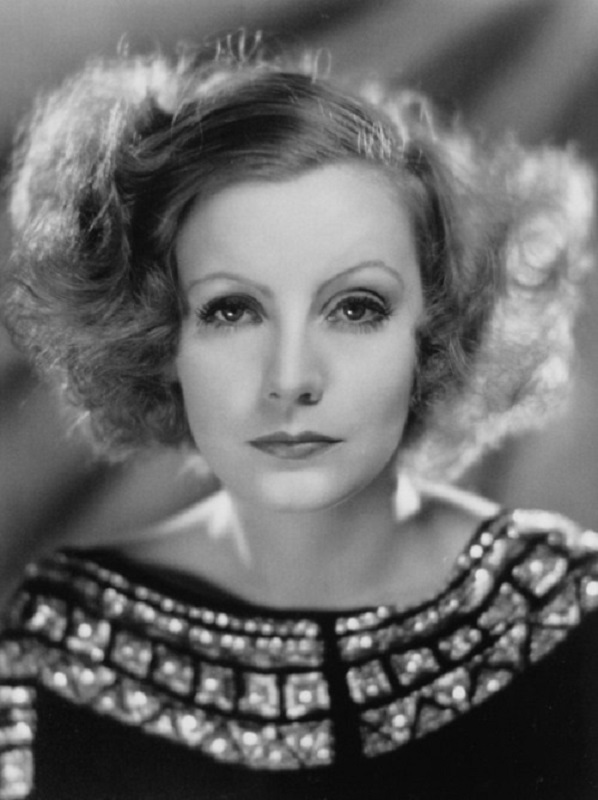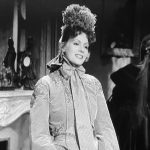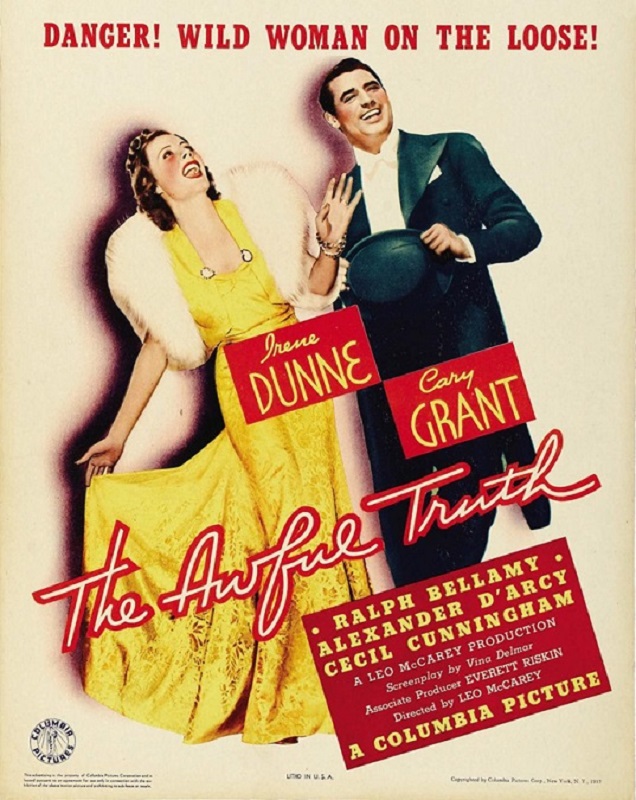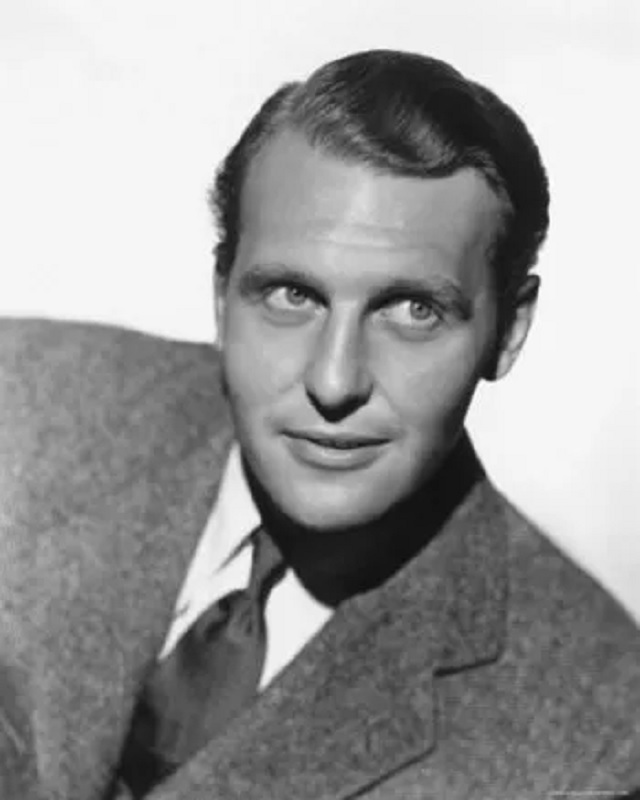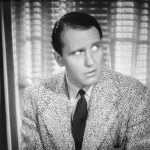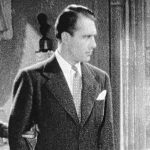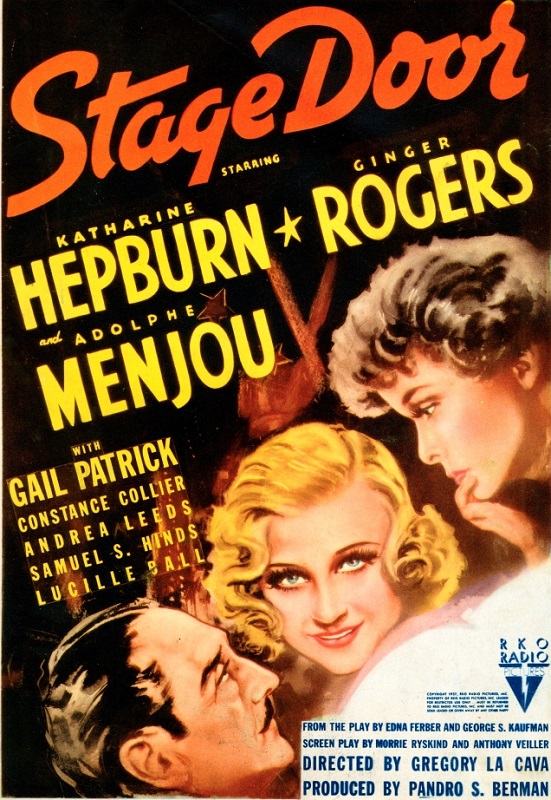
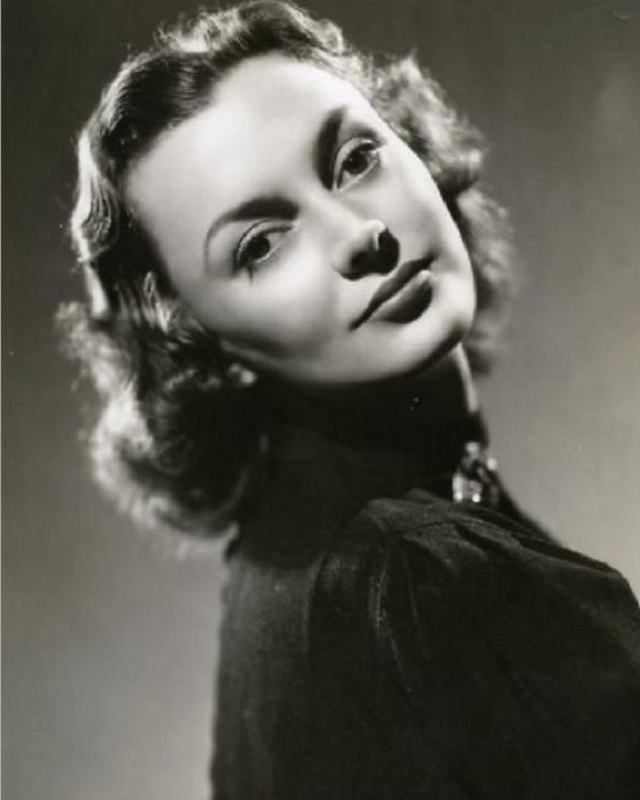

1937 – Andrea Leeds
Stage Door
Spoiler alert – Andrea Leeds did just fine in her role as the out-of-work actress who can’t get a part, and who ends up committing suicide. She carried an air of depression with her every time she appeared on the screen. That was her job, and she played the part for all it was worth. In fact that characteristic of melancholy was the defining quality of the role.
You see, even when she was supposed to be happy in a scene that carried a bit of levity, she couldn’t shake that obvious depression. At first I thought that made the part, and the way Leeds portrayed it, as uninteresting because it was always the same thing. But the more I think about it, the more I begin to see the complexities of the character. If someone is dealing with clinical depression, being in light-hearted company and situations is actually hard. It is difficult both emotionally and physically. I know that depression can make me actually sick to my stomach, and the more I think about Leeds’ performance, the more I have to acknowledge how that crippling emotion that hovered over her every appearance was expertly played. And the fact that her character had a habit of starving herself certainly didn’t help.
But I will say this for Leeds. She had the task of carrying the lion’s share of the emotional content of the film. She was the only actress in the cast who had to break down into tears and sobbing, which happened several times in the narrative. The birthday scene was especially heartbreaking to watch, and Leeds gave us a powerful performance. You could see her trying to hold back the tears, and ultimately failing. Her Best Supporting Actress nomination was well deserved.
And ok, that final scene was a bit over-played. So she has a mental break-down and kills herself. It was really over-the-top that she is visibly taken over by a madness that drives her to throw herself out a window. The way she goes from depressed and self-pitying to wide-eyed, loony-bin crazy was a little jarring and had no subtlety at all. But that was the fault of the script, not the actress. It came dangerously close to comical, not in what happened to the tragic character, but in how it was written and filmed, and consequently, how it had to be acted.


